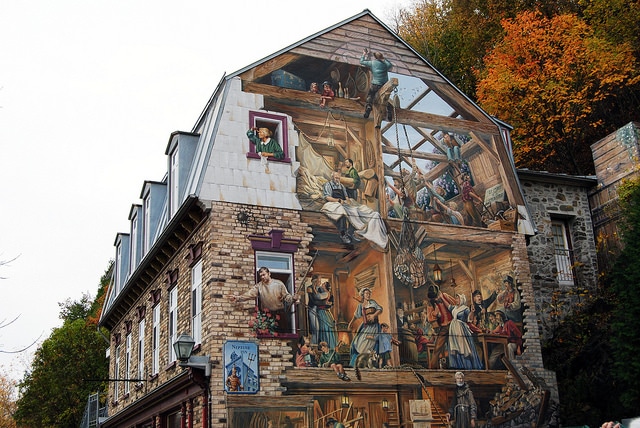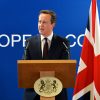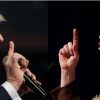
Twenty years after the second referendum (posing a very complicated question) that almost sealed the separation of Quebec from Canada (the stayers won by a slight margin, at 50.82%), the situation is now much changed. Pro-independence opinion is down to 31%-34% (and 37% among Francophones), which is still quite high, while nationalists repeatedly win the provincial elections but have ceased to demand further referendums. Yet the Québécois’ sense of belonging to Canada has also declined. It is what the political scientist André Lecours –who was recently in Madrid, at the Elcano Royal Institute, and later in Barcelona– calls ‘the Quebec paradox’:
‘Although independence in Quebec is much lower than 20 years ago, Quebeckers feel less Canadian than ever’.
Mutual ignorance has risen and there are explanations for this, although no single cause. Pride in being Canadian is riding at 87% throughout the country, but at only 70% in Quebec, the lowest in the country, and at only 66% among Francophones (compared with 90% among the Province’s Anglophones–, according to a recently published poll conducted in 2013. In the appreciation of national symbols (Charter, flag and national anthem, etc.) the difference is even greater.
To begin with, the pro-independence movement was fuelled by a constitutional reform in the 80s that failed to satisfy Quebec, leading some Canadian observers to think that a mismanaged constitutional reform can be worse than none at all in feeding separatism. At the same time, adds Lecours, the ‘federalization of Canada has weakened Canadian feeling’ in general. The same can be said about education being entirely in the hands of the Quebec government, while its use of symbols has been a complete success in terms of Quebec’s own identity. But for Lecours and others, the federal system, which provides wide-ranging powers and an ample fiscal autonomy (80%) to the provinces, including Quebec, has made the independence option lose some of its appeal. There has also been an economic change: in 1961 47% of companies in Quebec were Francophone. By 2003, according to a study, 63% of employment in Quebec was provided by Francophone companies, 24% by Anglophone concerns and 13% by foreign enterprises.
The Supreme Court’s opinion following the last referendum led to the famous Clarity Act (the brainchild of Stéphan Dion, the new Foreign Minister) has also been significant. To hold a new referendum, there must be both a clear question and a clear result, although the Act provides no specific figure. Alain Miville de Chêne has called to mind that of the 107 countries that have gained independence since the early 20th century, only 28 have done so by means of a referendum. Of the latter, 22 have recorded pro-independence majorities of over 90%. Only Malta and Montenegro became independent by a bare 55%, the lowest recorded. Quebec society’s division into two factions in 1995 (with a 77% Francophone majority that share a sense of belonging to a distinct nation) may have helped with the process of stepping back from the brink.
But other factors must also be considered. That young people in Quebec were separatist in 1995 does not necessarily mean that today’s youth remain so. Throughout Canada today, including Quebec, young people seem to be less concerned with a sense of belonging, as they focus on professional opportunities in an increasingly globalised way. Those who were young 20 years ago have become more prudent with age, what’s more in an aging society. But things may change if circumstances change. It is, moreover, difficult to gauge whether the raising of French to co-official status at the federal level, alongside English, as introduced by Pierre Trudeau in 1969, has had any real influence.
Immigration also counts in an increasingly multicultural country. Each year, according to Minville de Chêne, 50,000 new immigrants enter Quebec (which has a population of 8.3 million), adding up to 1 million over the course of 20 years. Many of them identify with neither Quebec nor Canada itself. This might partly explain the sociology behind the more muted idea a Canadian identity.
Although its ‘open federalism’ with watertight compartments, as described by Lecours, has reduced friction, the Conservative Stephen Harper’s almost 10 years as Prime Minister could have alienated many Quebeckers from Canada, as they were generally in favour of more progressive policies in terms of civil rights, environmental protection and the welfare state. The same has occurred in Scotland, with nationalism rising in opposition to English Conservative policies. Perhaps things will change with the new liberal government of Justin Trudeau, whose father is a Quebecker of a mixed-culture family. As Heraclitus wrote, ‘Everything flows, nothing stays’.


